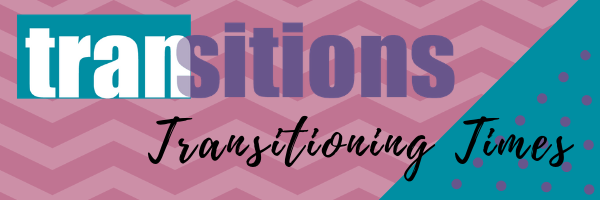Empowering Parents & Youth Mentors: How can we give boys and young men the tools they need to respect girls, women, and themselves?
With one in six women in the U.S. having experienced sexual assault1, the first question that springs to my mind is: Why aren’t there more abundant resources for shaping boys’ and young men’s perspectives on healthy sexuality and relationships? Our boys need clear information and guidance on growing into responsible young men who reject pervasive cultural influences of macho violence, domination/subjugation of females, and glamorization of violence against women in pop culture. We have to start with the basics: How do we talk about women’s and girls’ bodies? What does consent for any kind of touching look like? While the resources for parents and mentors may seem lacking at first glance, there are books and websites as well as education programs available specifically for youth ages 12-19, ranging from PSA campaigns to year-long interactive courses to prevent attitudes and behaviors that lead to sexual assault and dating violence.
One recent review by the Sexual Violence Research Initiative looked at 65 intervention programs across eleven countries to identify targeted attitudes and behaviors that could most successfully steer young men and boys away from views and actions that could result in relationship violence as well as rape. The authors explain this approach, “It is increasingly understood that men’s use of violence is generally a learned behavior, rooted in the way that boys and men are socialized.”2 The SVRI found that across the board there is substantial evidence that “intervention” or educational programs for boys and young men do have a positive impact on both their beliefs and actions regarding gendered violence. This includes improvement in attitude toward violence and inequality in gender roles, improvement in bystander attitudes and behaviors, and reduction in the perpetration of both sexual and nonsexual violence. Bottom line: this kind of education is worth the time and effort.
While many of these programs are developed for college campuses or young adults in general, there is a great deal of potential in reaching children while they are still forming their most basic social perspectives. I recently spoke with Sara K., Director of Religious Growth & Learning, who locally leads a year-round mixed-gender youth group on healthy and responsible relationships and sexuality for grades 7-9. The program Sara leads is called “Our Whole Lives Sexuality Education” and addresses everything from anatomy and body image to healthy relationships and consent. From the conversations in her youth groups, she has observed the need for guidance in this area “always much earlier than parents think.”3 Both boys and girls become curious and often get mistaken information from friends before a parent or other trusted adult can provide sound information. Sara sees the youth group’s conversations on sexuality as critical to developing a foundation on which the kids can build their evolving identities and future relationships. Parents or youth mentors may not feel equipped to have these sensitive conversations with teens and pre-teens, but there are resources in our own communities, like O.W.L., where trained teachers can help start the conversation. Sara’s weekly program is open to any family in the community who is interested. She also recommends the following parent/mentor resources:
Classes: O.W.L. (Our Whole Lives) in the Susquehanna Valley Contact Sara at rgldirector@uucsv.org
Websites: www.sexetc.org A website “by teens, for teens” on relationships, body talk, and sexuality.
There is a great deal of work to be done – let’s make an effort to empower boys and young men to make the right choices. Let’s get the conversation started.
Resources:
1. www.rainn.org/statistics/scope-problem/
2. Ricardo, C., M. Eads, G. Barker. 2011. Engaging Boys and Young Men in the Prevention of Sexual Violence: A Systematic and Global Review of Evaluated Interventions. Sexual Violence Research Initiative. Promundo-US, Washington DC.
3. Sara K. Interview December 9th, 2016. Religious Growth and Learning, UUCSV.
Shawna M.


Comments
Post a Comment